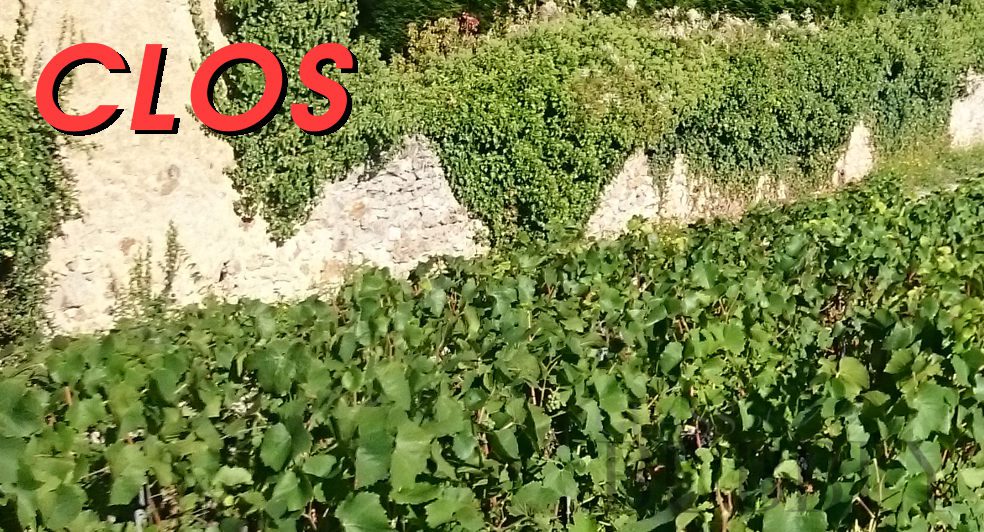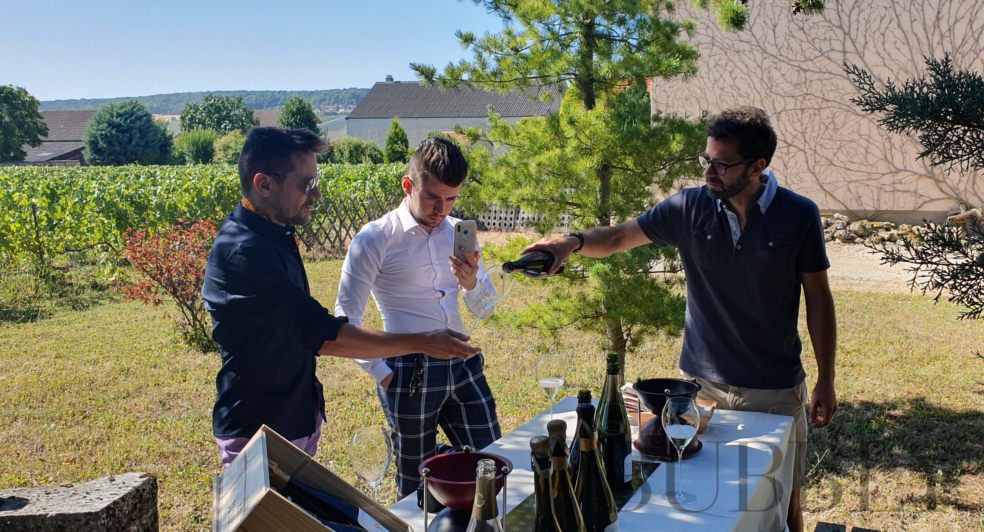Champagne: Single Vineyard and Clos
3rd April 2023

Just the mention of the word Champagne conjures up thoughts of luxury, success, happiness and more positives. Popping the cork of the bottle and pouring those bubbles, what a great moment to treat ourselves to or to share with others.
If we want to explore the great depth of the wines from Champagne then we really have a treat of knowledge to absorb ahead of us. It is important to realise that not all Champagne is the same and we can choose between styles and qualities. Price ranges vary tremendously so it is a good idea to familiarise yourself with why Champagne can cost from a lowly £10 – £12 a bottle to £1,000’s.
Most Champagne can be placed into varied categories and approximate positioning in price levels (depending on producer):
Supermarket Exclusive Labels £10 – £20
Brut NV £15 – £25
Rosé NV £25 – £35
Premier Cru £25 – £40
Grand Cru £40 – £100
Vintage £45 – £100 (prices escalate further still the older / rarer the vintage)
Special Releases / Single Vineyard / Clos £75 – £200
Cuvée Prestige £80 – £350

An enjoyable tasting at Champagne Goutorbe-Bouillot – Clos des Monnaies
In amongst the selection above we have ‘Single Vineyard‘ and ‘Clos‘ so let’s take a look at these Champagne label options and explain what they mean. They are both less common and most likely not to be found on the supermarket shelf and certainly to be quite exclusive in availability:
Single Vineyard: A Champagne label stating ‘Single Vineyard’ will have been made from solely the blend of grapes harvested from the mentioned single vineyard / parcel.
Clos: Translated from French to English, meaning ‘Closed‘ and when used within wine vocabulary, it will refer to ‘a closed / walled vineyard‘. In reference to the 31 recognised / designated (many years back) vineyards of Champagne that are totally enclosed by a wall in order to protect the exceptional quality of the grapes – The wall offering added security / protection from theft. Clos Champagnes are more famous and desired over Single Vineyard. It is said that Clos vineyards make up only 0.1% of the total 33,500 hectares of the Champagne wine region.
Video Clip: Oz Clarke talks about the importance of terroir and how one vineyard’s grapes cost more than the neighbouring vineyard.
“During my many visits to wine regions and their vineyards, I’m always amazed that from vineyard to vineyard, sometimes only a narrow path between them, there can be great differences in the value of the grapes that are harvested. The land can change from footstep to footstep as well as vineyards having varied microclimates within. I have visited a few of the Clos in the Champagne region and you always feel the magic once inside, because of the set-up of usually high walls, you know you are in the presence of superior vines. I have fond memories of a tasting of Champagne Goutorbe-Bouillot during a glorious sunny late morning in 2020 at their Clos des Monnaies.” Christopher Walkey
Clos Champagne might not necessarily be the best from the winery as this title usually belongs to the term Prestige Cuvée, but for serious Champagne lovers they are the most interesting to taste, giving them the opportunity to experience unique flavour personalities from specific plots of land.
It is said that these walled Champagne vineyards not only help to protect from thieves, but also to help contain unique, improved microclimates and offer great protection from strong winds / spreadable (air transmitted) diseases.
List of Clos Vineyards:
Champagne Krug – Krug Clos du Mesnil
Champagne Krug – Krug Clos d’Ambonnay
Champagne Duval-Leroy – Clos des Bouveries
Champagne Cattier – Clos du Moulin
Champagne Billecart-Salmon – Le Clos Saint-Hilaire
Champagne Bollinger – Vieilles Vignes Françaises
Champagne Lanson – Le Clos Lanson
Champagne Vranken
Champagne Philipponnat – Clos des Goisses
Champagne Cazals Claude – Clos Cazals / Chapelle du Clos
Champagne Jean Vesselle – Le Petit Clos
Champagne Paul-Sadi – Clos Virgile
Champagne Leclerc-Briant – Le Clos des Trois Clochers
Champagne Goutorbe-Bouillot – Clos des Monnaies
Champagne Etienne Calsac – Clos des Maladries
Champagne Hubert Soreau – Le Clos l’Abbé
Champagne Doyard – Clos de l’Abbaye
Champagne Nowack – Clos Jarot
Champagne Marc Hébrart – Clos Le Léon
Champagne Jacquesson – Le Clos
Champagne Michel Fagot – Le Clos de Marzilly
To be continued…. Do let us know if we have not included one you’ve been to / know of!
![]()
Christopher Walkey
Co-founder of Glass of Bubbly. Journalist and author focused on Champagne & Sparkling Wines and pairing them with foods.
